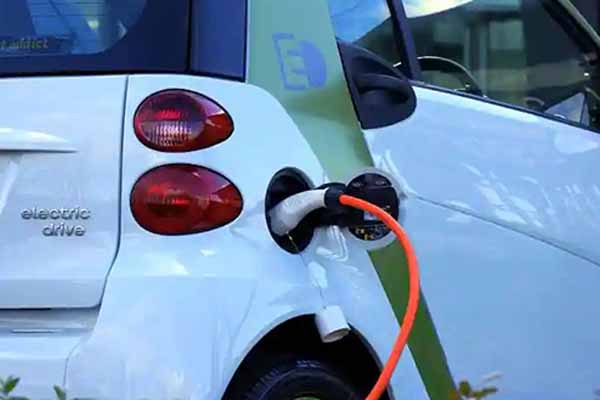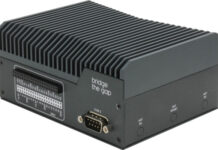The government is also set to launch the National Testing House (NTH) app to bring quality consciousness, verify consumer claims, and conduct tests as per mandated standards. DPIIT’s Additional Secretary Anil Agrawal told that the government aims to implement 50 to 60 quality control measures in 2023.
After numerous electric two-wheeler fire incidents, India stepped up quality testing norms this year. The Union government is now planning to start EV battery testing centres in Mumbai and Kolkata as soon as the next fiscal year, Nidhi Khare, Additional Secretary of Consumer Affairs, told. The average testing time for EVs is 30 days for now.
Anticipating a rise in demand for electric vehicles (EV), the government’s National Testing House (NTH) on Monday said it will offer testing services for EV batteries and charging systems at its Mumbai and Kolkata centres from the next fiscal. Currently, the Manesar-based International Centre for Automotive Technology and the Pune-based Automatic Research Association of India (ARAI) are the two agencies in the country providing testing services for EVs and their batteries.
“Electronic vehicles are going to add to our daily lives. In order to have sufficient testing facilities, we are making our labs future-ready as the demand is going to increase,” said Nidhi Khare, Additional Secretary in the Consumer Affairs Ministry.
The National Testing House (NTH) is preparing to offer testing services for EV batteries and charging systems at its Kolkata headquarters and Mumbai regional centre from the next fiscal, she told reporters. The NTH Mumbai and Kolkata centres were chosen because the maximum number of EV makers are located in Pune/Mumbai, while the maximum number of manufacturers of EV batteries are present in Kolkata, NTH Director General Alok Kumar Srivastava said.
Testing begins at the manufacturing level, Srivastava said and added good quality products can be made if testing labs are located near the manufacturing units. Imported equipment used in EV making can also be tested at these two NTH centres. Already, the Bureau of Indian Standards (BIS) has come out with performance standards for EV batteries in order to ensure the safety of consumers. NTH, set up in 1912, is one of the largest multidisciplinary testing labs of the central government which caters to quality testing needs in different disciplines.
Listing out initiatives taken to modernise NTH testing infrastructure, Srivastava said the NTH plans to set up a satellite centre for testing transformers and transmission line equipment at Jaipur at an estimated cost of Rs 125 crore to support the PM Gati Shakti Mission. At present, most of the transformer manufacturers that are located in Northern India have to transport their transformers to Vadodara, Bhopal and Bangalore for testing which involve a lot of time and huge transportation cost and may lead to a delay in projects, he said.
The test facility at Jaipur is being created at the hub of the transformer industry which will cater to the demand of the north and western parts of the country and will reduce the transportation cost and time taken in getting transformer samples tested. This will reduce the present queuing time in the testing of transformers from months to a few days supporting power generation and distribution networks in the country, he added.
NTH has introduced a fully digital Laboratory Management Information System(LIMS). Consumers can get their product samples tested from any part of the country by sending samples through courier, booking the required tests online, submitting payment online and get the test results online, even by using mobile phone. By using sample tracking, they may also monitor the testing time and position of their samples. Besides Mumbai, its other centres are located in Chennai Ghaziabad, Jaipur, Guwahati and the satellite centre at Varanasi.















